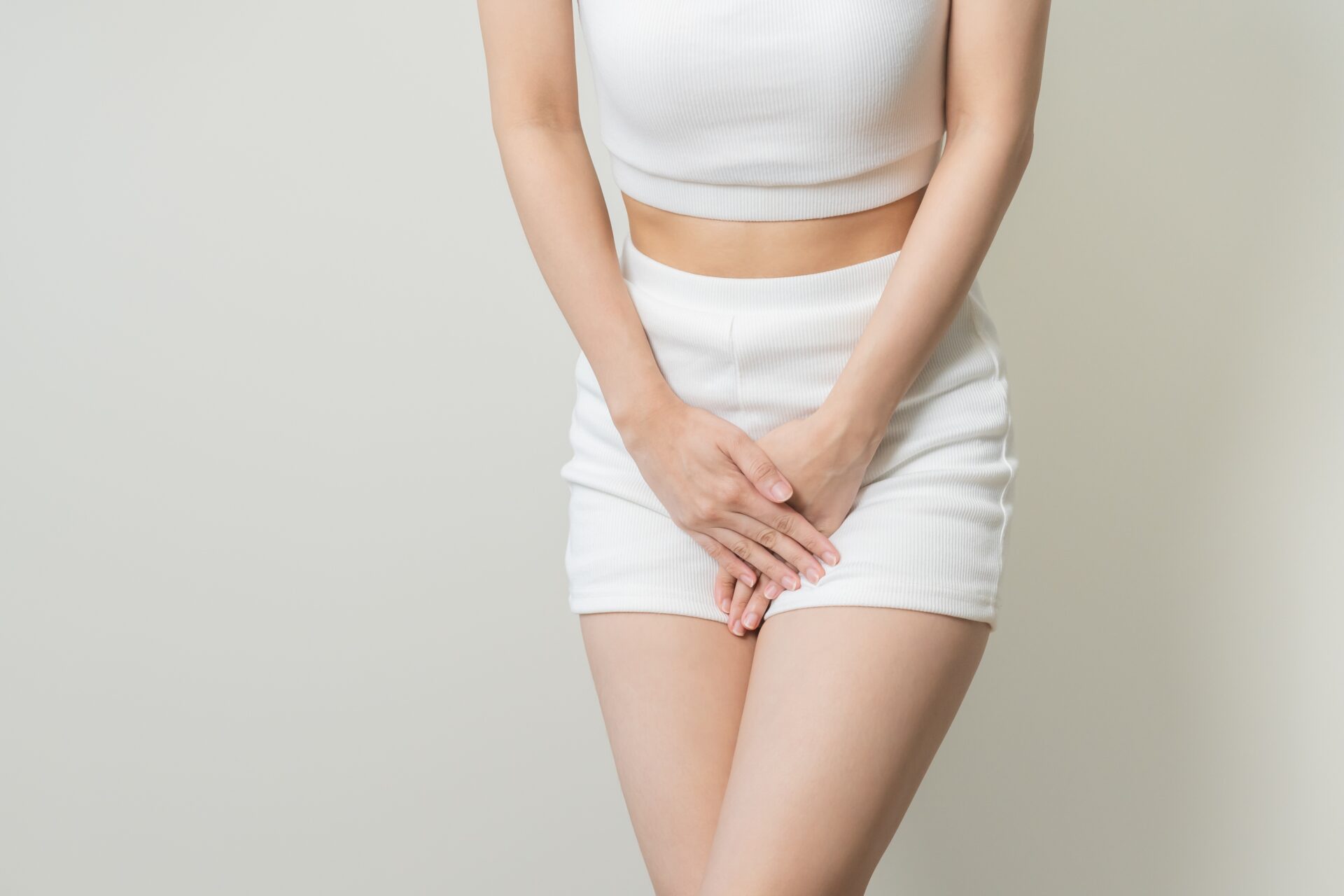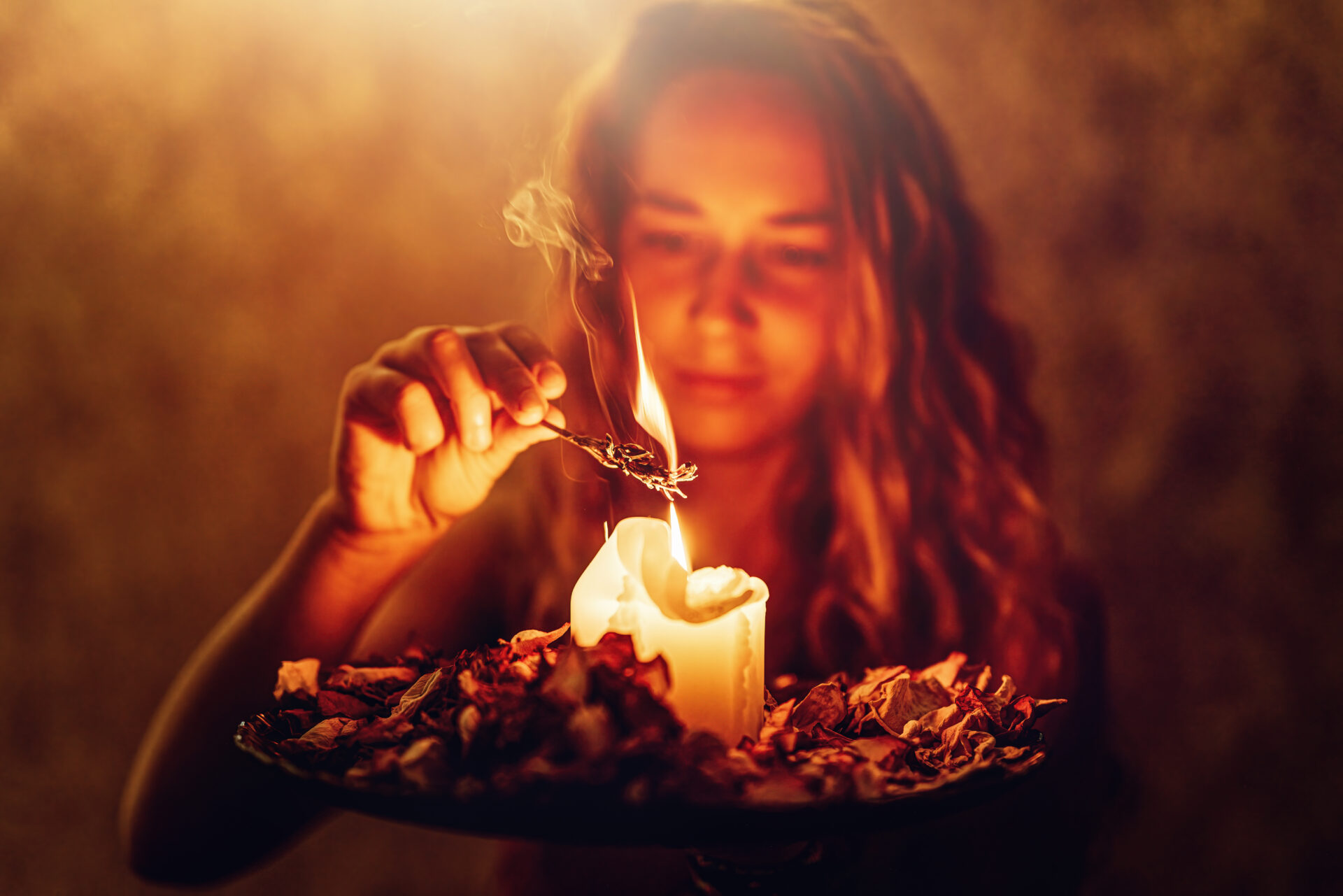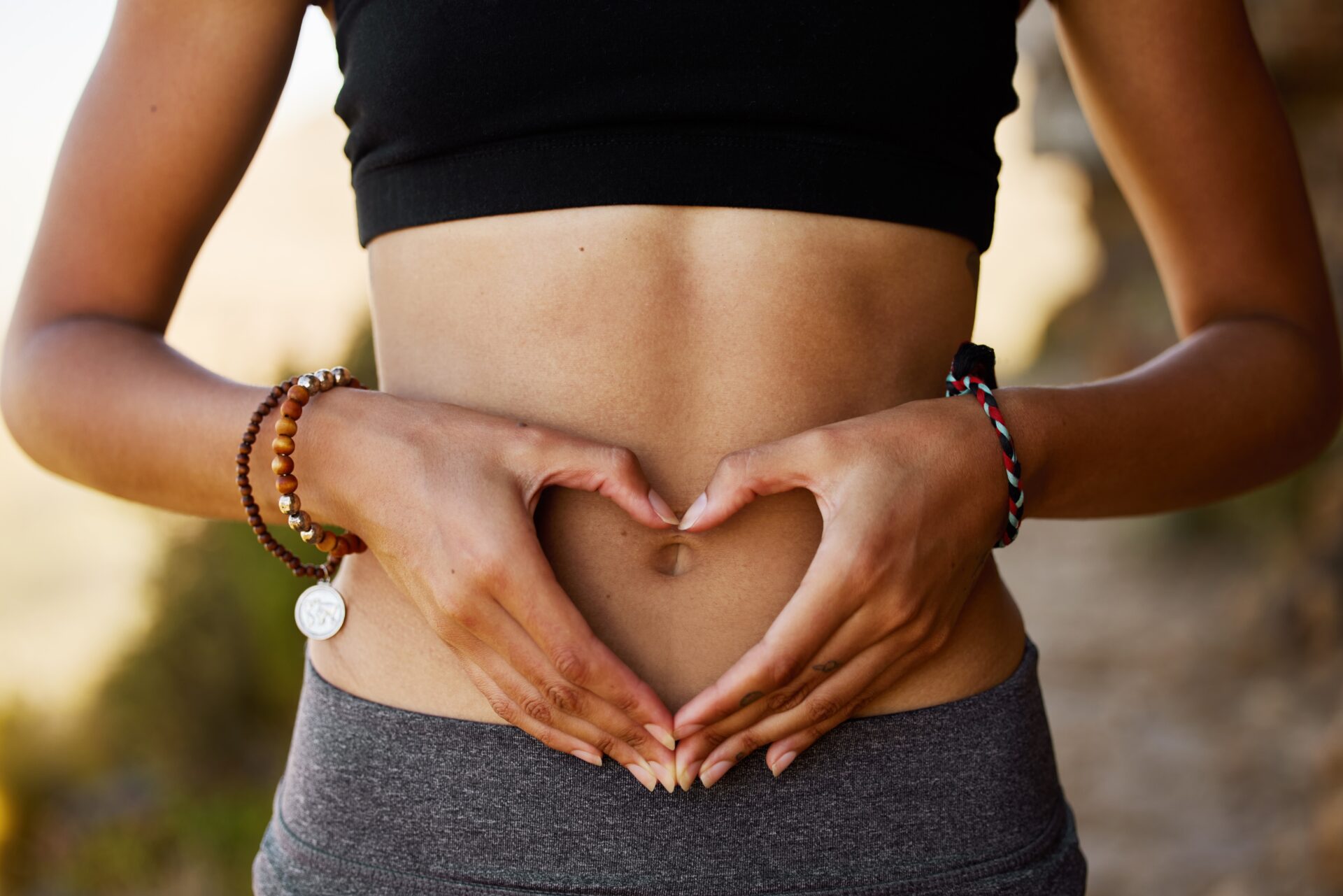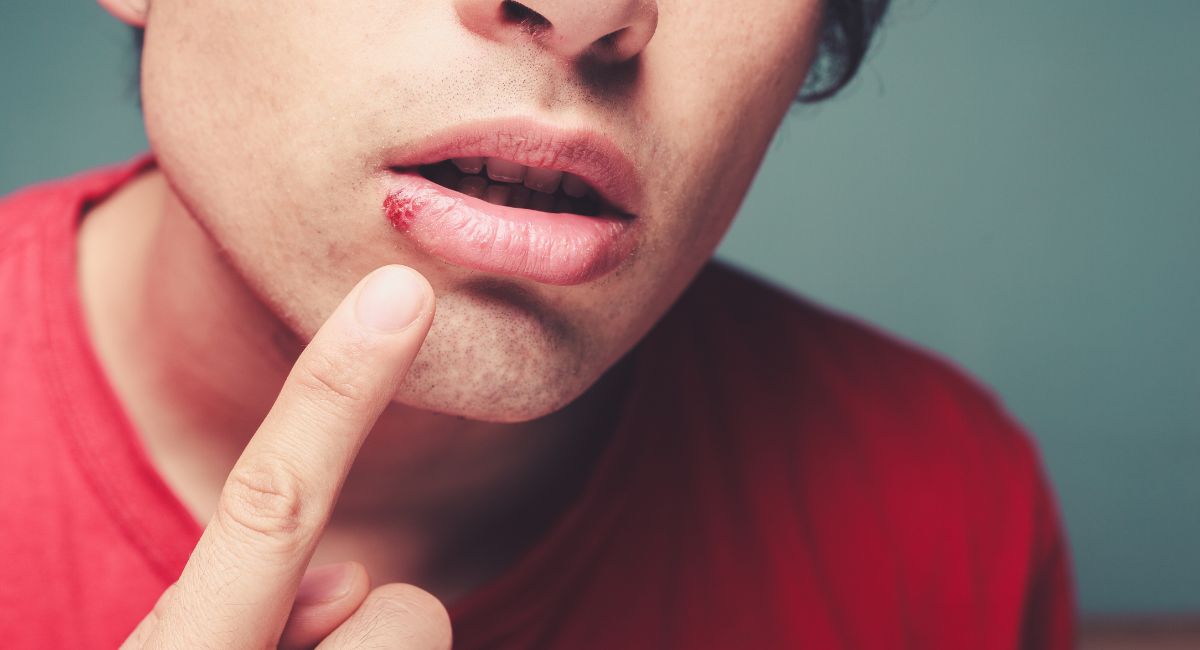Every six months in Germany, the clock is set forward or back one hour. Tomorrow morning (Sunday, October 30), the clocks will be set forward by one hour at 3 a.m. - that is, to 2 o'clock. Then, instead of Central European summer time, winter time, known as "standard" time, will apply again. Even this small change can throw your internal clock out of balance. We explain to you what effects the time change has on your sleep rhythm and how you can quickly adapt to winter time.

Your individual sleep blend
With natural methods such as the individual spagyric sprays from Zimply Natural, complaints can be treated and sustainably alleviated.
How does the time change affect sleep?
3 o'clock becomes 2 o'clock: Tomorrow you can sleep an hour longer
Time is changed twice a year, one hour forward in the spring and one hour back again in the fall. Although this is not such a big time difference, our internal clock can get out of balance during the changeover. Even small changes should not be underestimated in a biological system.
With the changeover to daylight saving time we are missing one hour Sleep. That's why tiredness plagues us in the morning, while we don't get tired in the evening, even though it's already time to go to sleep. In contrast, winter time allows us to sleep one hour longer in the morning. However, due to your sleep rhythm, you may wake up earlier and fall asleep earlier in the evening.
How the time change affects your body clock
The internal, biological clock has an influence on almost all processes in our body, be it cell metabolism, digestion or hormone balance. It is significantly influenced by light and darkness. The regular alternation of day and night gives the organism clues to determine the day-wake rhythm. Above all, the production of the sleep hormone melatonin, which causes evening tiredness, is caused by sunlight. If this internal clock and thus also hormone production, such as melatonin levels, become imbalanced, our body is often unable to adjust directly.
When the days gradually become shorter from autumn onwards, the internal clock can adapt well to this. But with the time change on the last Sunday in October, this adjustment is abruptly accelerated. Although according to the inner clock it should already be light outside in the morning, it is now still pitch dark.
For some, the changeover to winter time is hardly a problem. For late risers, it's even more of an advantage if they can sleep an hour longer in the morning, making it easier to get up. For others, however, the adjustment is more difficult. For these people, the time change can cause health problems such as sleep disturbances, concentration problems and loss of appetite. How quickly the body gets used to the new sleeping times varies from person to person and can take four to 14 days. As a rule, however, the effects of this are not permanent and subside after a few days.
3 simple steps for an easier transition
1. keep a strict sleeping rhythm
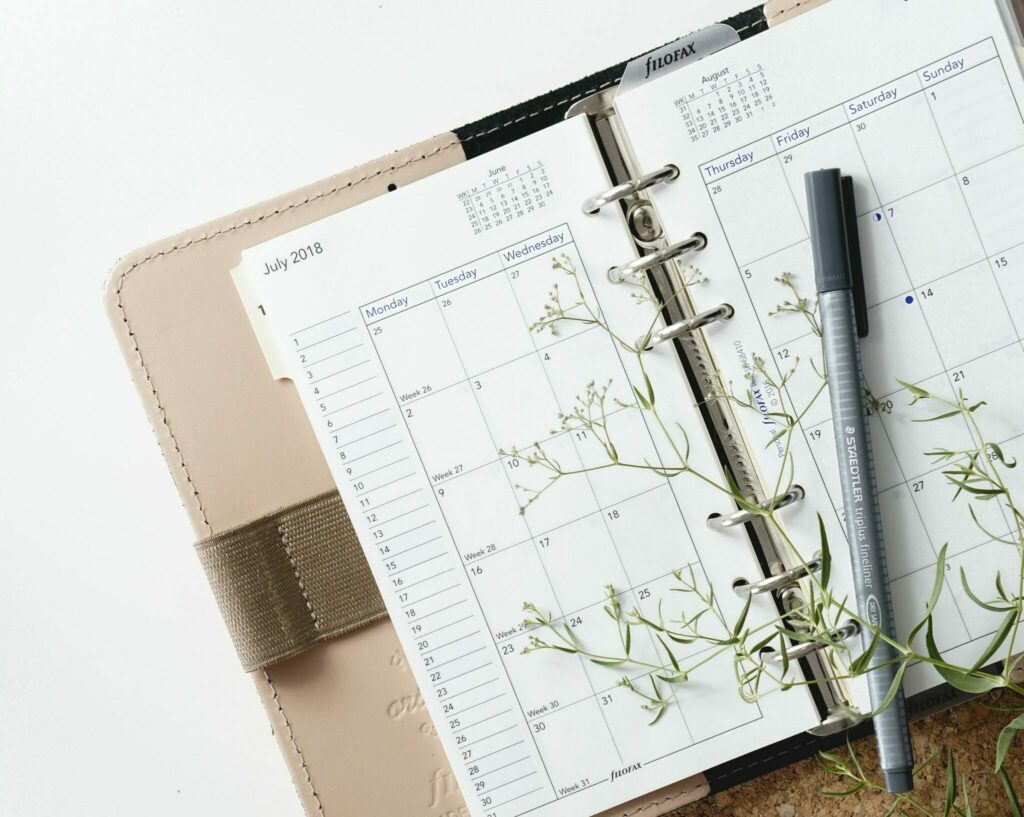
According to experts, good sleep is characterized by regularity. Going to bed and getting up at the same times every night can help with sleep onset and sleep through problems. This also applies to weekends and a night with little good sleep. This makes the next sleep more likely to be better.
Although the time change makes it more difficult to keep to the fixed scheduled times in the short term, the timing of the sleep phase makes it easier for one to regain control over the changed sleep conditions more quickly.
2. go to bed later

The changeover to winter time can be a particular burden on people who wake up much too early in the morning anyway. The time change usually causes these people to wake up another hour earlier.
To counteract this, you can try going to bed half an hour later today. This makes the transition to the new time rhythm smoother and helps your body and mind adjust to the new sleeping conditions.
3. daylight & blue light help you stay awake in the evening.

Sunlight has the greatest influence on our internal clock, as it affects the production of the hormones serotonin and melatonin. Daylight, which is absorbed through certain receptors in the retina of our eyes, boosts serotonin production in our pineal gland in the brain and breaks down melatonin. In darkness, on the other hand, the body blocks serotonin production and boosts melatonin production.
To avoid getting tired so quickly in the evening when it gets dark, you should make use of the sun's rays for as long as possible - for example, by taking an evening walk in the fresh air. Blue light from electronic devices such as laptops, smartphones and tablets has a similar effect on the body's serotonin and melatonin production as daylight. Just like daylight, it contains many shades of blue, even if they cannot be perceived directly. So by consuming content on these devices in the evening, you can also prolong your wakefulness.



